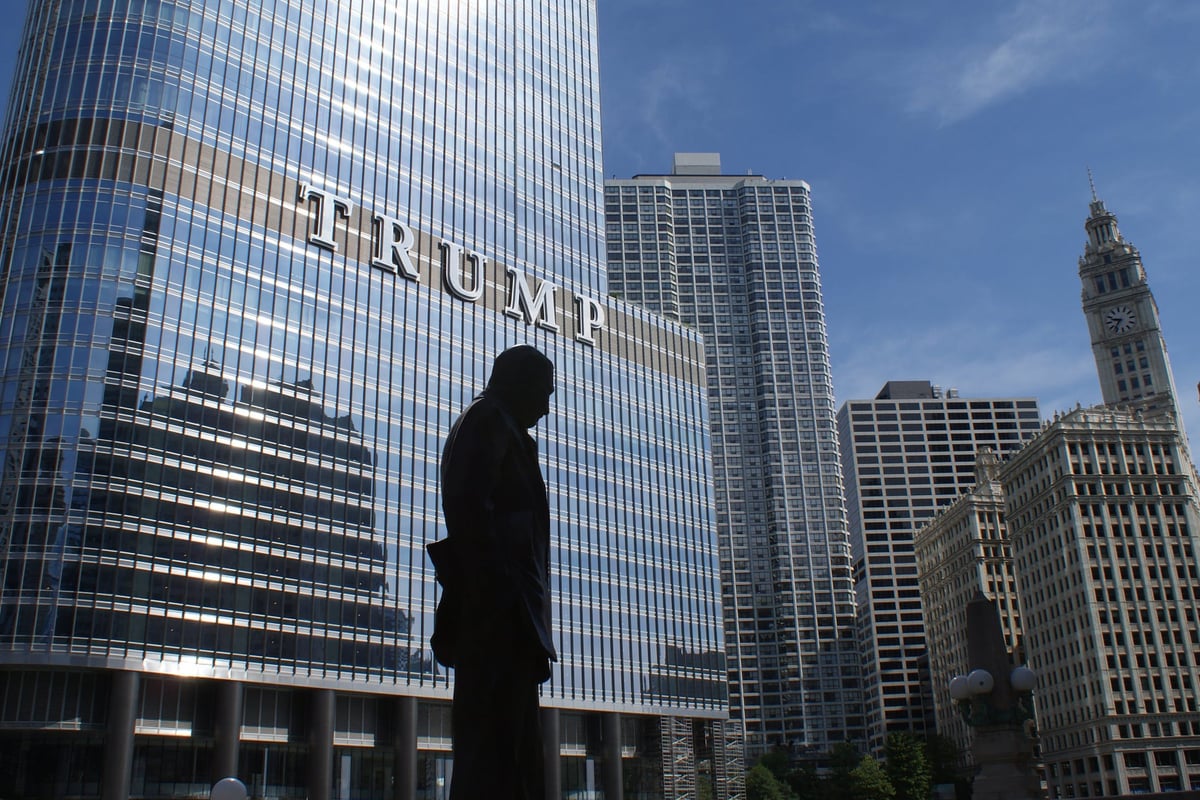US Music Modernisation Act becomes law, finally updates copyright rules and payment

President Donald Trump has signed the Music Modernisation Act into law.
It came after a long battle during which every aspect of the US music industry worked together in unprecedented ways.
Although unanimously passed in Senate and House of Representatives, there was fear that Trump might refuse to sign, remember how the music community had been campaigning against his election in the first place.
But among those who watched as the president signed off in the White House were Trump-friendly artists as Kid Rock, Mike Love of the Beach Boys, Christian rock group MercyMe, former Doobie Brothers guitarist turned missile defence consultant Jeff “Skunk” Baxter, soul singer Sam Moore of Sam & Dave fame and country singers Craig Morgan and John Rich.
Prominent Trump apologist Kanye West did not attend.
The legislation contains broad reforms of US music copyright and royalty payments.
Trump said, “The Music Modernisation Act closes loopholes in our digital royalties laws to ensure that songwriters, artists and producers receive fair payment for licensing of music.
“I’ve been reading about this for many years and never thought I’d be involved in it, but I got involved in it. They were treated very unfairly.
“They’re not going to be treated unfairly anymore.”
It grants blanket mechanical licenses for streaming and downloads.
A component of the bill, the Classics Act, will ensure that artists with pre-1972 records will receive master recording performance royalties.
A third component codifies a process by which he non-profit collective rights management organization SoundExchange can pay producers and engineers the royalties accorded to them by their agreements with artists.
It creates a transparent, publicly accessible database of song ownership information, and will allow songwriters and/or publishers to claim rights for songs that currently have not been matched to songwriters and/or publishers.
National Music Publishers Assn. president and CEO David Israelite said:
“Songwriters have for too long laboured without seeing fair rates and receiving all that they deserve, and for the first time in history, the music industry has partnered with the tech industry to fix these systemic problems.
“As we embark on supporting and helping build the critical structures within the MMA, we are humbled by the extraordinary progress propelled by compromise and the unprecedented political involvement of music creators.
“Today is about their future and this bill stands as a great statement on what can be done when we work together.”
Michael Huppe, president and CEO of SoundExchange which represents 170,000 creatives and was among the groups pushing for the law, said:
“With today’s signing of the Music Modernization Act, we mark a historic accomplishment.
“But more importantly, we mark what it means.
“For creators, it means getting paid more fairly.
“For those who recorded music before 1972, it means assurance you’ll get paid for your work.
“For songwriters, publishers and producers it means making the digital economy work for you.”
Spotify called the legislation a “huge step” in allowing artists to make a living from their work, “modernising the outdated licensing system to suit the digital world we live in.
“The MMA will benefit the music community and create a more transparent and streamlined approach to music licensing and payment for artists.”






























